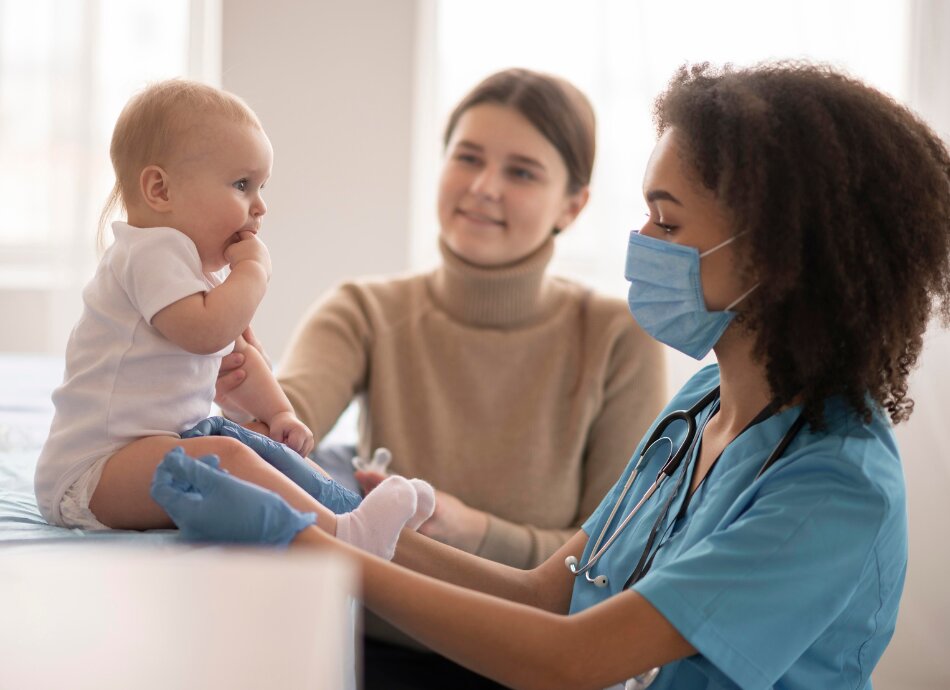Meningococcal disease is a common cause of bacterial meningitis. Meningococcal disease is caused by a bug (bacteria) called Neisseria meningitidis. At least 12 groups have been identified, including groups A, B, C, X, Y and W.
There are different meningococcal vaccines to cover the different meningococcal groups. There is no single vaccine that offers protection against all groups.
For protection, 2 doses of the vaccine that covers group B and 2 to 3 doses of the vaccine that covers groups A, C, W and Y are recommended.
In Aotearoa New Zealand vaccination against meningococcal disease is free for:
- ngā pēpi (babies) as part of the childhood National Immunisation Programme
- people with a high risk of meningococcal disease. This includes children, teenagers and adults with a weakened immune system
- young people 13 to 25 years of age in their first year of entering communal accommodation – boarding school hostel, university hall of residence, military barracks or prison.
Read more about meningococcal disease and the meningococcal vaccine.








